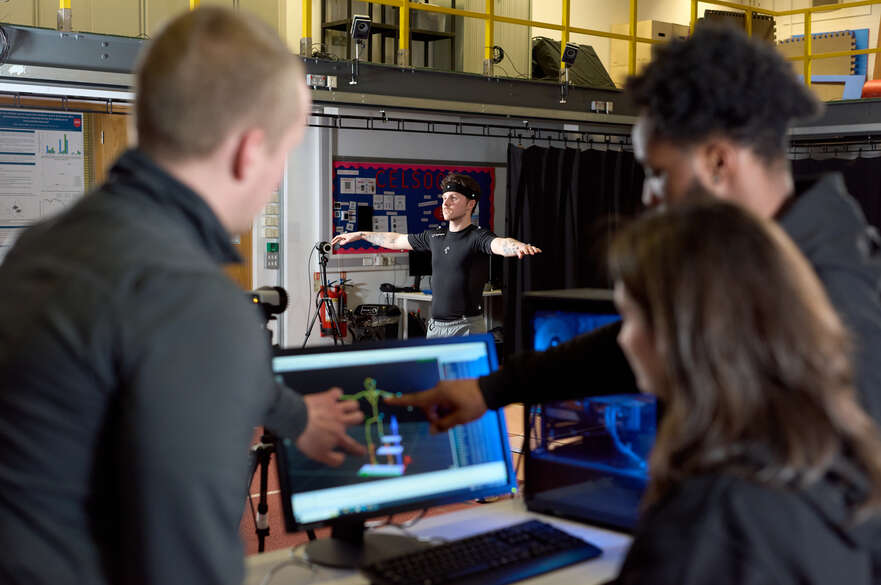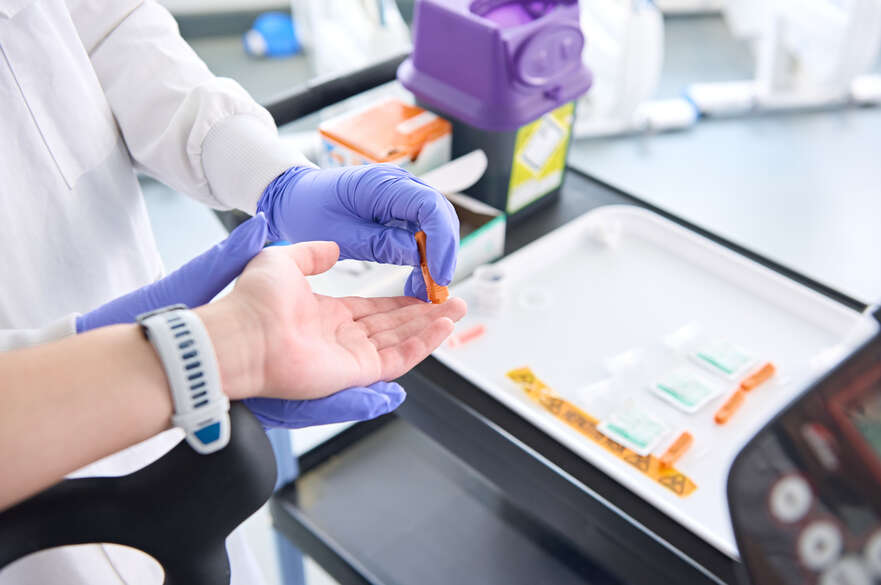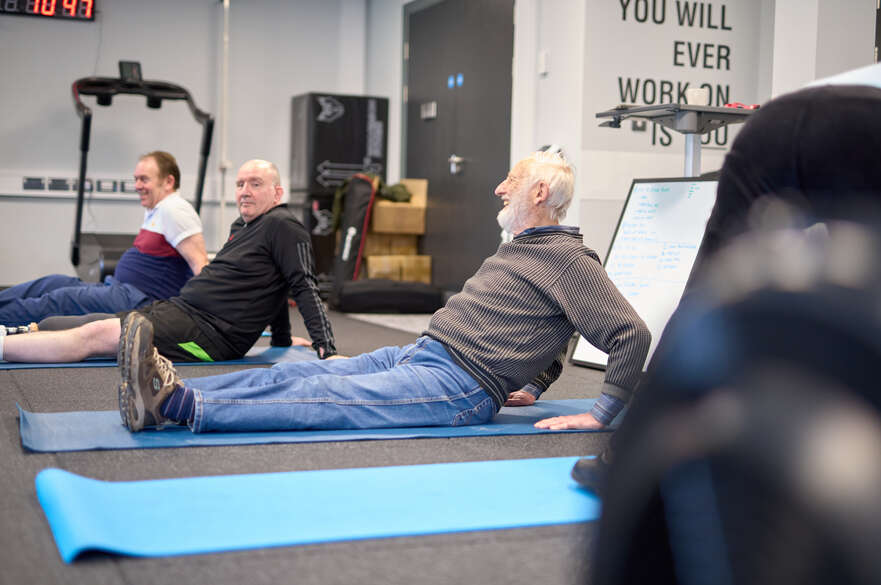
Healthy Ageing Through
The Life Course

The Healthy Ageing Through The Life Course supports investigation into the biological, physical, psychological and societal impact of exercise and movement for health, well-being and human performance across the lifespan. A key goal of this theme is to advance our understanding of the underpinning science involved in ageing throughout the lifespan, striving to improve quality of later life, aiming not just to continue to improve longevity but ensure health remains for as long as possible. This theme embraces a holistic approach to work by supporting projects that focus on multiple factors that can impact the ageing process, for example, physiological, psychological, social, environmental, and nutritional. Members of our consortium provide evidence and expertise to inform global policy and practice to support independent living throughout ageing.

Our focus revolves around cultivating a smoother transition from adulthood into older age, implementing key strategies at an earlier point within the life span to ultimately elevate the quality of later life for older adults. One focus of the consortium is to address gender inequalities within health and wellbeing as it is apparent that females live longer than males but spend a larger proportion of that extended life in ill health. researchers within our consortium seek to address this imbalance with a focus on sex hormones and key life stages such as the menopause to ensure the gap between the sexes is reduced in terms of the health-lifespan.

A partner of this theme is the Sport and Wellbeing Academy, together we aim to be at the heart of health and wellbeing in local communities and to promote and enable people to lead healthier lifestyles. Together we will work with local communities to promote a culture of healthy eating and active lifestyles that enhances physical and mental wellbeing. The translation of this research demonstrates our capabilities of impact within local communities.
Another partner in this theme is the Ageing Research Network, which aims to explore pertinent research questions in the field of ageing. The international network, led by NTU, adopts a multidisciplinary approach, emphasising the development and implementation of research on sedentary behaviour and active ageing. The networks objective is to investigate how sedentary behaviour and physical activity impact the healthy ageing process. Through leveraging expertise from various disciplines, the network and consortium offer insights and solutions to enhance the quality of life for older individuals and bridging the health gap between the sexes.